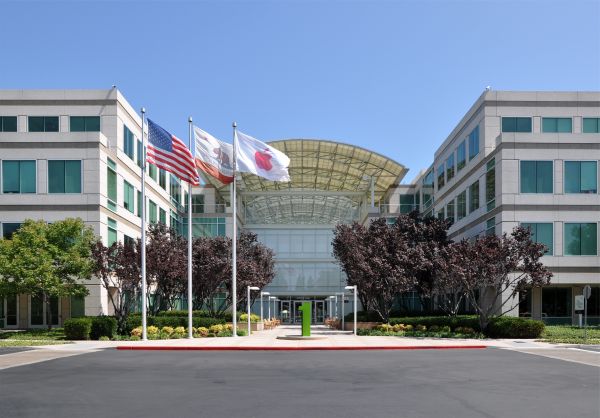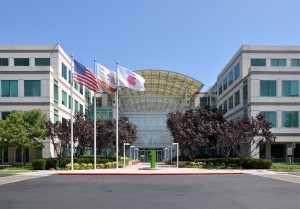Tax saving is always on everyone’s mind, be it any individual or a corporate giant. Money saved by tax saving can be considered as an alternate source of income. This is evident from Apple’s move of saving $9.2 billion tax. Apple’s team of accountants decided to finance a $55 billion stock buyback by using debt and not using offshore cash for the same. As a result, US government was not able to tax them on the deal which could amount of $9.2 billion.
Gerald Granovsky, Senior Vice President at Moody’s Investment Services explained that if Apple would have used $100 billion from offshore cash reserve to fund this buyback, they had to pay 35 percent of the money to get it into the country. Saving $9.2 billion this time, it would amount to $100 billion a year since interest payments are tax deductible, he said.
Integrating debt into capital formation will result in profits, confirmed Mr. Peter Oppenheimer, Chief Financial Officer. This also includes abetment in capital costs and better reach to attractively priced capital, he said.
Apple has become one of the largest corporate tax payers in the country as confirmed by Steve Dowling, a company spokesperson. He said that $6 billion federal corporate income tax has been paid by Apple in 2012. This comes to around 1 in 40 dollars of total corporate tax submitted to the government.
Sale of bonds of $17 billion, which Apple announced last week, in a single week is the biggest corporate sale out on record and would have cost heavily if they had to finance it via offshore cash. This came in effect to depreciating growths which are hampering the growth of the stock the company. The stock observed a downward slide by 36 percent since last September. The company decided to pay back to its shareholders through bigger dividends and share repurchases.
Tax avoidance is common among corporate giants with leading companies using different tactics to save tax. In 2011, Facebook made huge profits or around $1.1 billion but paid no tax and received a refund of $429 million. Similarly Microsoft owed huge sum of money to countries like Denmark, the UK, France and the US in last three years. Google has been avoiding taxes through similar tactics.
All the companies are exploiting such trivial shortcomings of the corporate tax laws and using different tactics to save tax. Looking at the share of corporate tax, a downward trend has been observed in recent years with companies increasing their global footprints and finding different ways to save tax according the corresponding countries tax laws. It calls for the policymakers to change the existing norms and sort a different strategy to implement tax laws and lessen the government losses through such tax avoidance.




